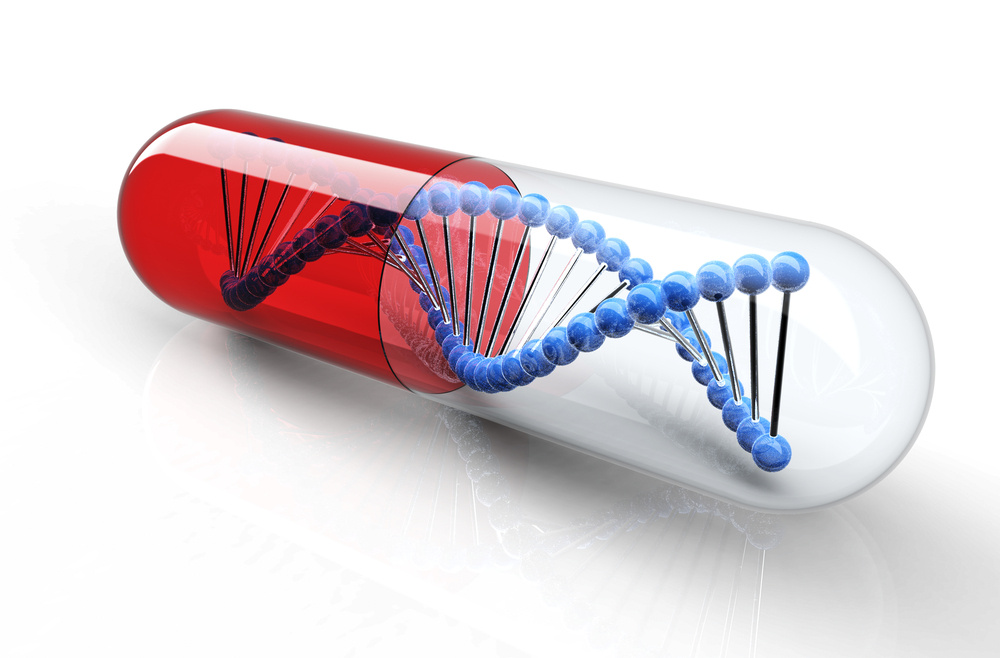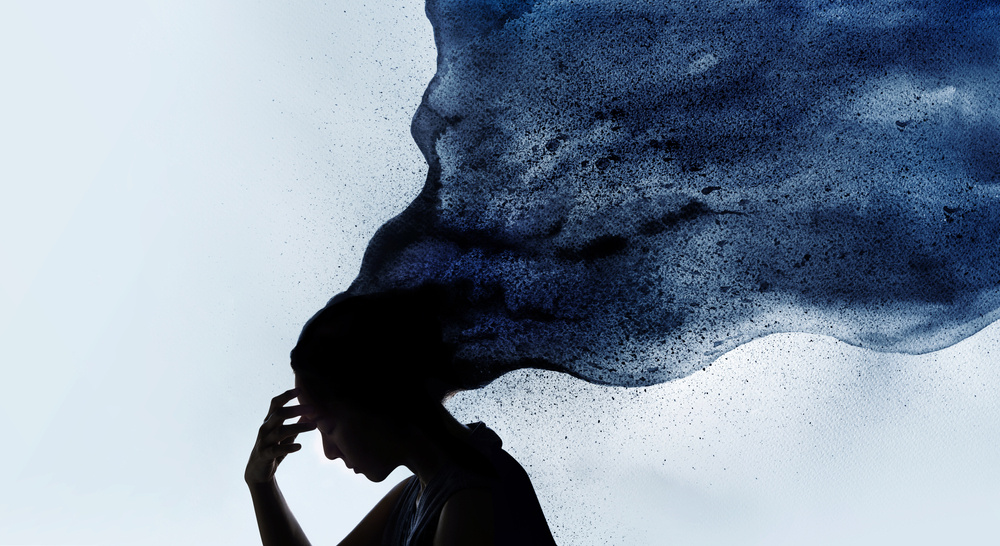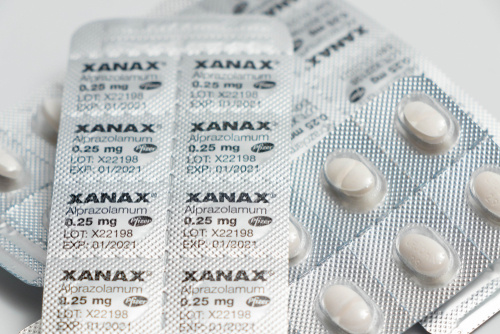Is Depression Genetic?
Depression is listed in the Diagnostic and Statistical Manual of Mental Disorders, Fifth Edition (DSM-5) as major depressive disorder (MDD), and is sometimes referred to as clinical depression. Major depressive disorder is a complex psychiatric disorder that affects mood, cognition, behavior, and impedes adaptive functioning. As explained by the World Health Organization (WHO), depression is “characterized by persistent sadness and a lack of interest or pleasure in previously rewarding or enjoyable activities,” impairing one’s ability to function in her daily life. The various symptoms associated with depression can range from mild to severe. While depression can develop at any age, symptoms commonly surface in adolescence and young adulthood. Findings from the National Institute of Mental Health in 2017, report nearly 3.2 million adolescents between the ages of 12 to 17 had experienced at least one major depressive episode. Major depressive disorder is recognized as the leading cause of disability in America for individuals ages fifteen to forty-four.
Causes and Risk Factors
Research has indicated that genetics can be a substantial factor in the development of depression. Stanford Medicine indicates that “if someone has a parent or sibling with major depression, that person probably has a 2- or 3-times greater risk of developing depression compared with the average person (or around 20-30% instead of 10%).” Hence, genetic vulnerability is a risk factor of depression. However, as is explained by Harvard Health, there is no single identifiable cause of depression, rather the cause of depression is more accurately attributed to a variety of factors. The Cleveland Clinic provides examples of additional risk factors that may play a role in its development including, but not limited to, the following:
- Brain chemistry: Abnormalities in brain chemical levels may lead to depression.
- Life events: Stress, the death of a loved one, upsetting events (trauma), isolation, and lack of support can cause depression.
- Medical conditions: Ongoing physical pain and illnesses can cause depression. Depression is a common comorbidity of other illnesses such as diabetes, cancer, and Parkinson’s disease.
- Medication: There are certain medications and illnesses (e.g., thyroid disorder, viral infections, etc.) can cause symptoms that mimic those of depression.
- Recreational drug and alcohol use: Can cause depression or exacerbate one’s depression.
- Personality: People who are easily overwhelmed or have trouble coping may be prone to depression.
As is previously indicated, depression can be partially attributed to genetics, but there are many other contributing factors that can play a role in its development.
For Information and Support
Substance abuse and addiction can be incredibly dangerous and can result in severe short and long-term consequences. If you or someone you know is suffering from substance abuse or addiction, please get help as soon as possible. The earlier you seek support, the sooner you and your loved ones can return to leading happy, healthy, and fulfilling lives. There is no reason to go through this alone, and we are here to help. Please feel free to reach out to us for further information or with any questions regarding substance abuse or addiction. We are available anytime via telephone at: 213-389-9964, or you can always email us at: info@friendlyhousela.org.



